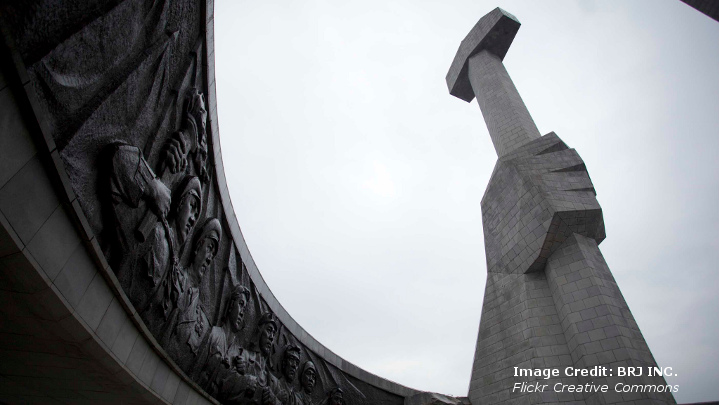Unravelling the Intentions Behind the 7th Congress of the Workers’ Party of Korea

Maria Rosaria Coduti
North Korea seems to be one of the main actors on the political stage of the Northeast Asian region in 2016. In reality, Pyongyang has strongly signaled its presence to the outside world since last summer. After a “hot” August with increased military tensions on the Korean peninsula, in October the regime not only started to request the signing of a peace treaty with the U.S., but also announced that in May the 7th Congress of the Workers’ Party of Korea (WPK) will be convened. If the 4th nuclear test and the missile test of January and February 2016 are added to the picture, it is possible to think of all these events as constituting a specific strategy of the North Korean regime. In this article, the focus will be on WPK’s Congress that is going to start on May 6th, on its main purposes and contents.
Related Publications
-
ISDP Annual Report 2023
ISDP’s Annual Report for the year 2023. We look back on 2023, a year in which tensions and conflicts captured the strategic space in ISDP’s focus areas, making headlines around […]
-
South Korea’s Indo-Pacific Strategy, Atmanirbhar Bharat, and the IPEF: Convergence and Commonality
For some time now, the existing multilateral networks such as those of the United Nations (UN) system have been largely ineffective in providing good global governance and helping create resilience, […]
-
Risk Reduction and Crisis Management on the Korean Peninsula
The situation on the Korean Peninsula is inherently intertwined with the growing instability of the East Asian security environment, where high tensions significantly increase the risk of unintended incidents and armed […]
-
Washington Declaration: Beyond Korea, What it Means for India?
In April 2023, South Korea and the United States released the Washington Declaration to reiterate and upgrade their treaty alliance. In outlining a joint nuclear deterrence strategy, the Declaration reaffirmed […]
-
Understanding North Korea’s Resilience through Economy, Laws and Governance: a review of introductory sources and essential monographs
This article reviews contributions that may help researchers re-evaluate the question of the North Korea’s remarkable resilience in spite of its undeniable economic failure, a seemingly obscure legal system, and […]




